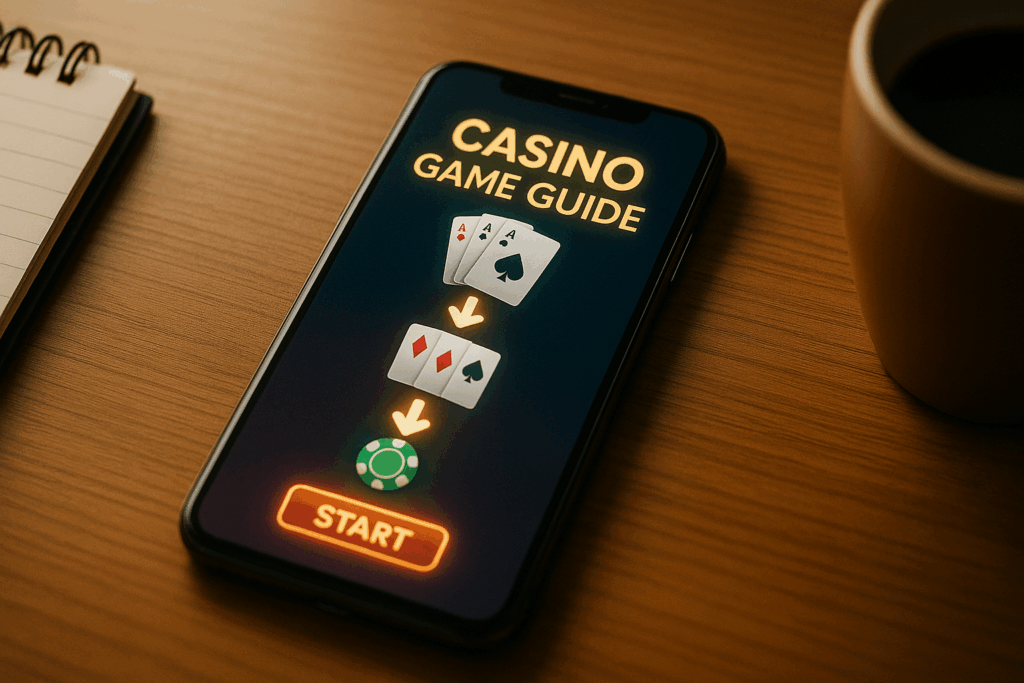Awareness Is the First Defense
Gambling can be fun, but it’s easy to lose track if you’re not careful. Spotting early signs of trouble helps you stay safe. At Top Lucky Game, we want beginners and hobbyists to enjoy gambling without harm. This guide covers behavioral and emotional red flags, when habits turn risky, and how to act. Let’s learn to catch issues early and keep control!
Common Behavioral Red Flags: Obsession, Lying, Borrowing
Watch for these actions that signal trouble:
- Obsession: Thinking about gambling all day—planning bets, skipping work to play.
- Lying: Hiding how much you spend or play from family or friends.
- Borrowing: Asking for loans or using credit to fund bets beyond your budget.
- Chasing Losses: Betting more after a $20 loss to “win it back” spirals fast.
- Frequency: Playing daily instead of weekly ups the risk.
Spot these early to stop trouble. Find help in our Resources section.
Emotional Signs: Anxiety, Guilt, Irritability
Feelings can reveal gambling issues:
- Anxiety: Worrying about losses or how to pay for bets keeps you up at night.
- Guilt: Feeling bad for spending $50 meant for bills on slots.
- Irritability: Snapping at others when you lose or can’t play.
- Mood Swings: High from wins, low from losses—gambling drives your emotions.
- Check In: Ask, “Am I stressed over this?” after a session.
Noticing these helps you act. Explore Top Lucky Game for safe play tips.
When Habits Cross into Problematic Territory
Casual fun can shift to risk:
- Time Shift: A 30-minute session stretches to hours, ignoring other duties.
- Money Drift: Your $25 budget jumps to $100 without a plan.
- Priority Change: Gambling tops family, work, or hobbies in importance.
- Loss of Control: You can’t stop, even after a big loss or win.
- Warning: If bills or relationships suffer, it’s a problem.
Know the line to stay safe. Our Resources offer guidance.
How to Respond: Self-Assessment, Support Resources
Catch signs early and act:
- Self-Assessment: Ask, “Do I bet more than I can lose? Is this fun?” Track spending for a week.
- Pause: Take a break—skip gambling for 7 days to reset.
- Support Resources: Use sites like Gamblers Anonymous or apps like BetBlocker for help.
- Talk: Tell a friend or family member if you’re worried.
- Limits: Cut bets to $10 and 20 minutes per session.
Act fast for control. Visit Top Lucky Game for tools.
Encouraging Open Conversations with Others
Talking helps tackle issues:
- Be Honest: Share with a trusted person, “I spent $40 and feel off.”
- Ask for Input: “Do you think I’m gambling too much?” opens dialogue.
- Listen: Take feedback—friends may see signs you miss.
- Seek Help: Join forums or groups like GamTalk for support.
- Build Trust: Regular chats keep you accountable and grounded.
Openness protects you. Check Resources for more.
Final Message: Don’t Wait—Act Early
Spotting gambling problems early keeps you safe. Watch for obsession, lying, or emotional shifts like anxiety. Know when habits turn risky and respond with self-checks or support. Talk openly to stay on track. At Top Lucky Game, we’re here for beginners. Use this guide and our Resources to play smart and act fast if needed!




